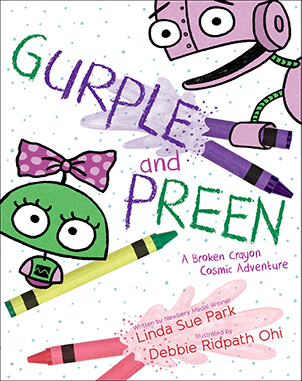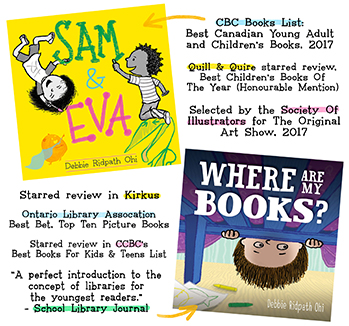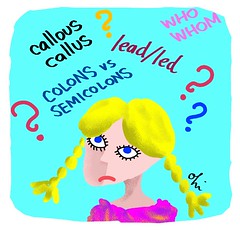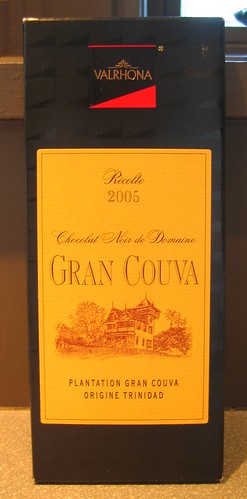Writing journals and other inspiration
Back from Italy! You can see my report starting here. I opted not to bring my laptop on the trip but kept up my writing journal.
I started my writing journal after reading Julia Cameron's The Right To Write: An Invitation and Initiation into the Writing Life. I found this book incredibly inspirational, as I did Natalie Goldberg's Writing Down The Bones
and Anne Lamott's Bird by Bird : Some Instructions on Writing and Life
. Whenever I'm feeling unmotivated and restless in terms of my writing, I reread one of these books and always feel re-energized.
Keeping a writing journal also keeps me from getting in a rut. My current writing journal is a medium-sized Moleskine. It has more space to write than the pocket-size but is more convenient to carry around than the full-size Moleskines. I'm a huge Moleskine fan, if you haven't already guessed. :-)
Anyway, I try to write at least one page a day. Writing manually rather than typing is more laborious, but it gives me the freedom to take my notebook everywhere. It also discourages me from trying to do too much self-editing as I write. I allow myself to scribble out whatever I'd like, of course, but mostly I force myself to keep writing. ANYTHING, even if it's stream-of-consciousness babbling. Sometimes I end up with nonsensical fragments, bits of potential poetry. Other times I write snatches of dialogue, or character descriptions, perhaps a scene from a non-existent story or novel. The important thing is to commit something to paper.
This felt really awkward at first, but over time it's become easier and easier. And every once in a while, I write something I actually like and want to use.
Another activity I find that helps: exercise. I almost always feel re-energized after a good workout. Also when I'm out walking or running, I'll sometimes purposely leave the iPod behind and not listen to anything but my inner thoughts. This especially helps if I've reached a tough spot in my writing; I've found that getting AWAY from the keyboard is sometimes the best thing.
A survey: How do YOU get re-energized creatively? What books or activities help you, for instance?
 inspiration,
inspiration,  journals in
journals in  Blog/news
Blog/news 















